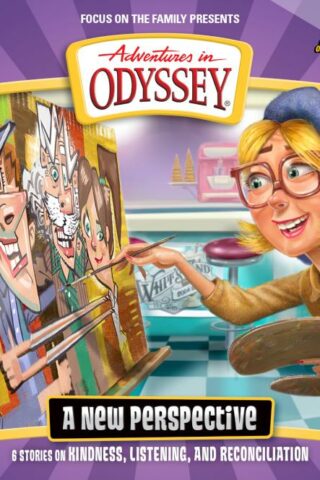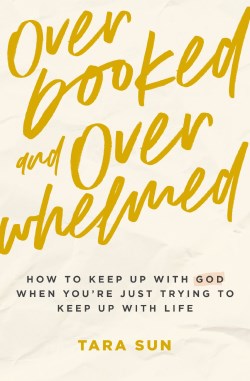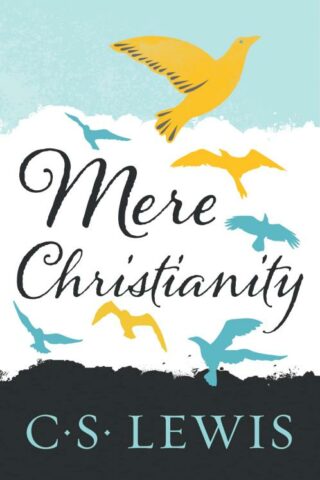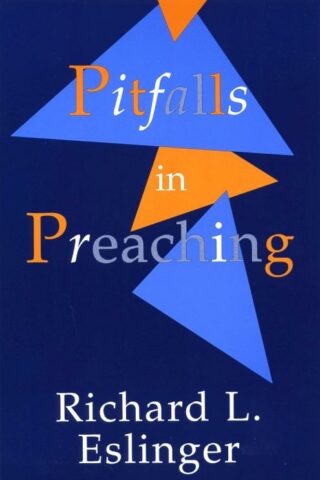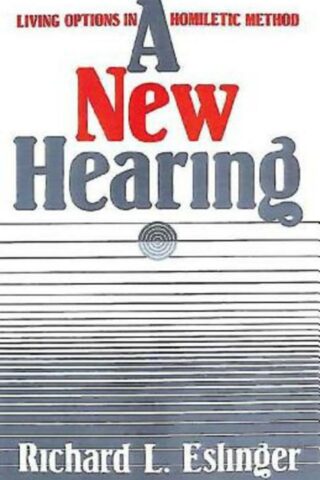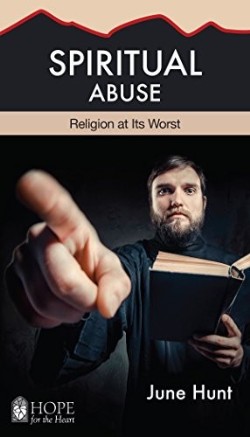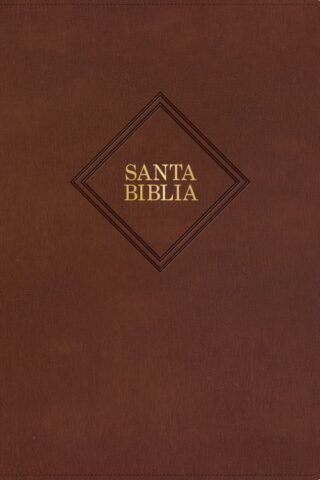Richard Eslinger
Showing all 2 resultsSorted by latest
-
Pitfalls In Preaching A Print On Demand Title
$21.99This is a print on demand book and is therefore non- returnable.
This informal yet substantive guidebook is designed to help clergy and pastors identify and avoid the major pitfalls that plague the preaching task. Richard Eslinger discusses with insight, humor, and concision what he sees as the most critical pitfalls in the various contexts of preaching and offers practical strategies for avoiding them. His book is also studded with highlighted quotations, pertinent references to a wide range of homiletical thinkers and concepts, boxed hints and suggestions, and brief bibliographies.
Add to cartin stock within 3-5 days of online purchase
-
New Hearing : Living Options In Homiletic Method
$24.99Preaching is in crisis. Why? Because the traditional, conceptual approach no longer works, says Richard L. Eslinger. It fails to capture the interest of listeners and is not sufficiently Scripture-based. The time has come to listen to new voices, new methods. And that is what A New Hearing provides.
Eslinger offers as “living options” the work of five preeminent–though quite different–preachers who represent the “cutting edge” of preaching in the 1980s: Charles Rice and the storytelling method; Henry Mitchell and the black narrative method; Eugene Lowry, who bridges the narrative and inductive methods; Fred Craddock and the inductive method; and David Buttrick, who emphasizes the structure and movement of biblical material.
Eslinger devotes an entire section to each preacher. He explicates each man’s technique, shows how it differs from the traditional “three points and a poem” approach, and presents one sample sermon from each. Eslinger then critiques these “new homileticians,” delineating the strengths and weaknesses of their respective methods.
Add to cartin stock within 3-5 days of online purchase


